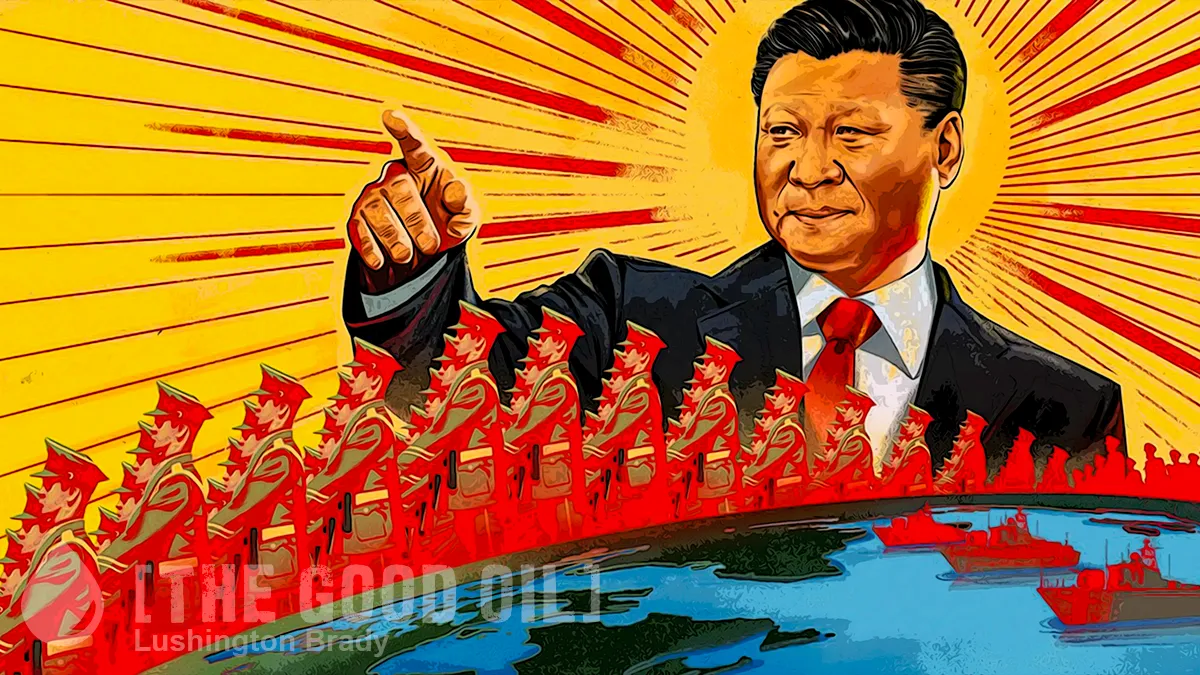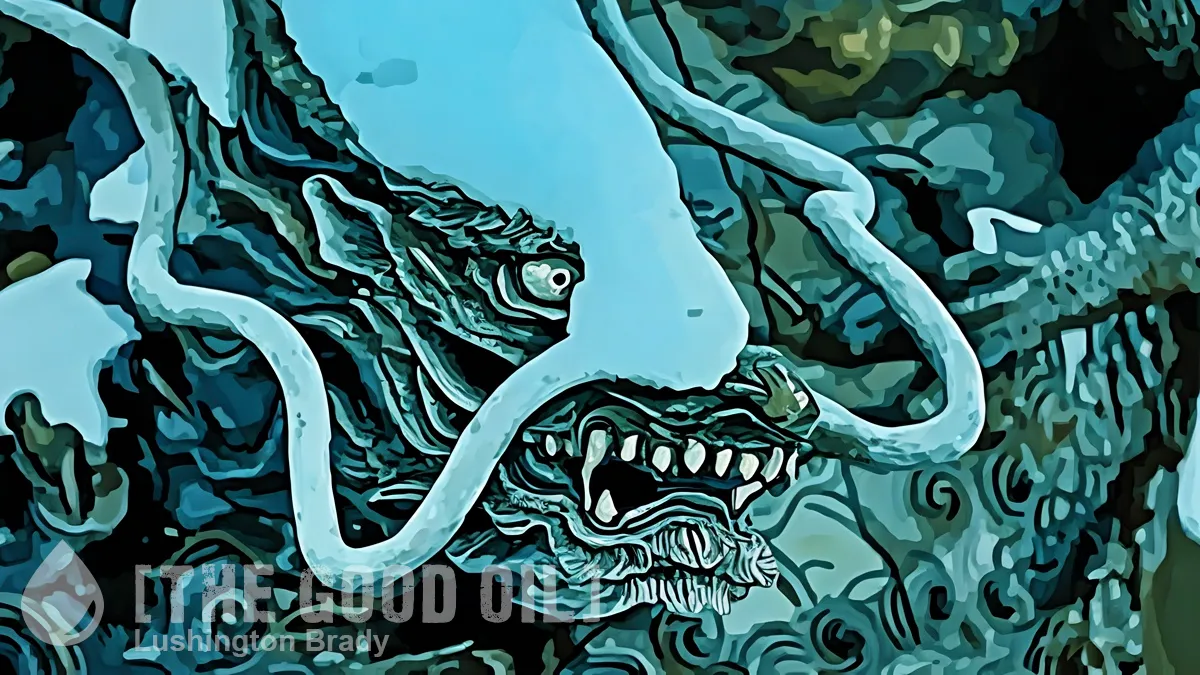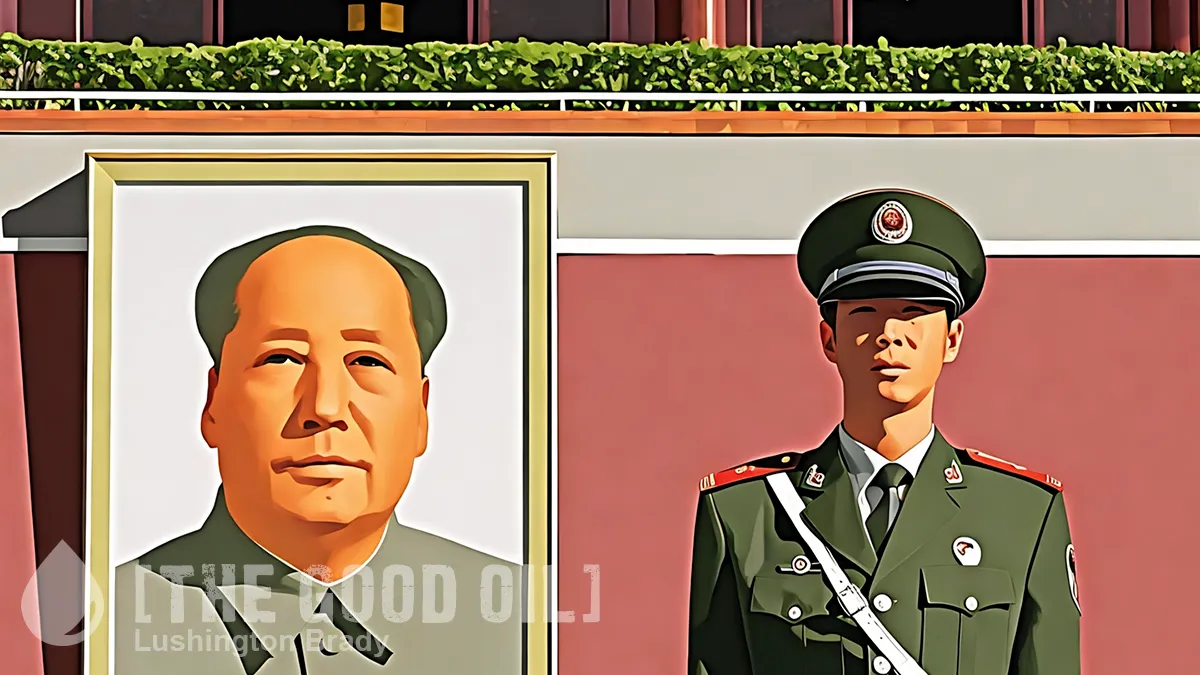Table of Contents
It’s hard for us in the West – although much less so, given the last few years – to comprehend just how rigorously the Chinese Communist Party controls information within its borders. Even in the 1950s, as Yang Jisheng writes in his memoir Tombstone, as 36 million Chinese were left to starve in an induced famine, the news was suppressed so thoroughly that individual Chinese believed that famine was merely a local calamity.
Today, electronic communications extend the CCP’s control even further. As veteran journalists will tell you, the mere mention of one of the ‘Three Ts’ (Taiwan, Tibet, Tiananmen) on media will see the studio lights instantly go out and broadcasting cut off. Even images of Winnie the Pooh are strictly banned on Chinese social media (because they were used to mock the portly Xi Jinping).
Still, the Chinese people are nothing if not ingenious. Before it was banned, the satirical cartoon Little Rabbit, Be Good viciously laid bare ordinary Chinese anger over the 2008 ‘tainted milk’ scandal that killed six Chinese babies and hospitalised tens of thousands.
Trying to uncover the true state of affairs in China, then, invariably involves trying to peer through the cracks of the Great Firewall. The scant glimmers of light suggest that not all is as well with the Harmonious Society as the CCP would have us believe.
For scholars of Chinese politics, the most common tool applied to gauge public opinion is a direct survey, in which respondents are asked about their attitudes towards the Chinese government via in-person enumerators or online forms.
As if anyone is going to criticise a brutally authoritarian regime they know is almost certainly looking over their shoulders.
One prominent study, published by the Ash Center for Democratic Governance at Harvard University, has traced popular attitudes toward the Chinese government since 2003. Their surveys place regime support above 90 per cent, suggesting that favourable views of the Chinese government are as ubiquitous as party propaganda might suggest. These results have been covered by China Central Television, Xinhua, China Global Television Network, China Daily and other CCP propaganda outlets, becoming part of the state’s efforts to substantiate its legitimacy – both at home and abroad.
Because, of course they are. But… is it true?
But does the CCP really enjoy such widespread support? Or do survey respondents conceal their opposition to the regime due to the threat of repression? And if so, what share of Chinese citizens really support the CCP? To answer these questions, we employed a survey technique known as a list experiment. In a list experiment, respondents are provided with a short list of nonsensitive statements, such as ‘I consider myself a sports fan’, and are asked to tally up the number of statements they agree with.
Respondents were randomly assigned to either a control group or a treatment group, with treated individuals receiving an additional sensitive statement, like ‘I support comrade Xi Jinping’ or ‘the CCP government works for the people’.
So, what did they find? Even with this imperfect technique they found a stark disparity between the official narrative and what the Chinese may be actually thinking.
The results, which were published in the China Quarterly, reveal widespread preference falsification. With direct questions, individuals reported their support for Xi, the CCP and the Chinese government at rates similar to those found in prior direct survey research, reaching upwards of 90 per cent support for the regime. With list experiments, support for the regime dropped to between 50 per cent to 70 per cent.
Since list experiments may not fully obviate respondents’ concerns about online surveillance, this is more likely an upper bound on regime support. Respondents were more willing to express opposition to ‘the system of government’ than to Xi or the CCP directly.
Intriguingly, the results also show that it’s not just Western universities that are functioning as virtual re-education camps.
College-educated respondents were between 10–20 percentage points more supportive of the CCP than respondents who completed early middle school. This may be because the CCP’s efforts to shape educational curricula have succeeded, or because college-educated Han perform considerably better in the labour market. CCP members are about 10 percentage points more supportive of the regime. This makes sense, since they elected to join the Party and benefit from its rents.
The difference between expressed support for the regime between ‘direct question’ and ‘list experiments’ suggests that the ‘preference falsification rate’ (i.e., how much the regime lies about its popularity) in China is around 25 per cent.
A recent meta-analysis examined all known list experiments in autocratic contexts and found an average preference falsification rate of around 14 percentage points. This makes Xi’s China a clear outlier and demonstrates its citizens are far more fearful of expressing opposition to the regime […]
The CCP’s sprawling internal security apparatus compels citizens to engage in widespread self-censorship, at a rate nearly three times higher than in Vladamir Putin’s Russia.
In its way, this may be good news for Taiwan, not to say the rest of the world. A regime that has to watch its back at home, lest the peasants start revolting, is much less able to project military power beyond its borders. Every soldier who has to monitor internet traffic or be on guard against domestic insurrection, is one less the regime is able to field in a war.









